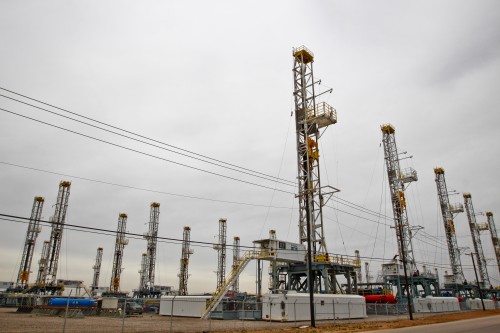The mayoral race in San Antonio is big news – and not just for south Texas, but for the bigger political picture. Historically speaking, that position has been somewhat of a springboard for larger political aspirations. Shelley Kofler, News Director at Texas Public Radio, says the hype surrounding the election is geared towards what that race could mean, given the field of prominent Texas politicians to previously hold the position.
“You’ll remember Henry Cisneros, going to work for the Clinton administration as Secretary of [Housing and Urban Development], and then last year, Julian Castro was named the HUD Secretary by President Obama,” Kofler says. “So, that of course puts the Mayor of San Antonio in the limelight and brought a lot of attention to the city.”
Kofler says the mayor spot is prestigious not only because San Antonio is the second largest city in Texas, but also its influence with Hispanic voters.
“It’s getting bigger and bigger, in part because there are a lot of businesses moving here,” Kofler says. “Within the next year, we have an upcoming annexation that will make San Antonio the fifth largest city in the United States.”
Members of the legislature are now looking towards San Antonio as a platform for broader political aspirations. It’s such a coveted spot that politicians are scrambling to get their names in the running.
“There are 14 names on the ballot,” Kofler says. “This is an open seat and a lot of people thought it would be great to run, but really, out of the 14, there are really four that are competitive.”
Kofler says that because there are four competitive candidates, the position of Mayor of San Antonio will likely be decided by a runoff.
“Leticia Van de Putte has the most money by far, she will be up on the airwaves getting her message out in a way that I’m not sure any other candidate can do, although former representative Villareal seems to think that he’ll be able to have a full media campaign.”
Kofler says the other candidates, Tommy Adkinson and Ivy Taylor, are campaigning largely through cable television.
So, what does it come down to if not advertising power?
“There are some strong personality issues here,” Kofler says. “Strong affinities for various candidates because they’ve been involved civically in the past and they have contingents that are out there really pushing for them.”













